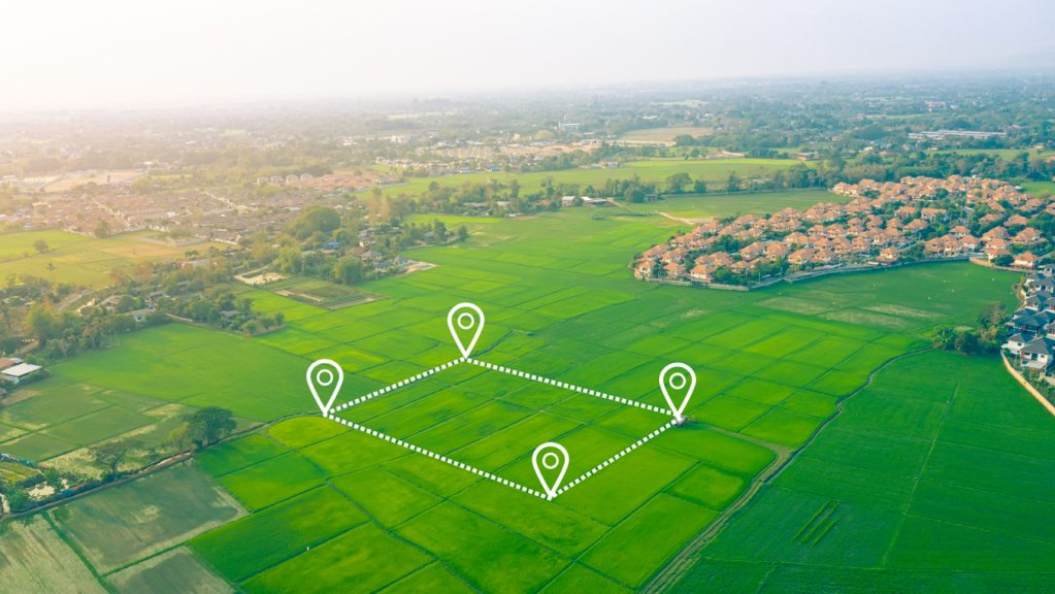For many Kenyans, land is their most significant investment—an asset they take immense pride in preserving for future generations. However, the value of land is not fixed. It fluctuates based on a variety of factors such as location, development, market trends, and economic changes. Understanding land valuation is crucial for making informed decisions regarding property ownership, purchase, or sale.
What is Land Valuation?
Land valuation is the process of estimating the current market value of a piece of land. The valuation may serve different purposes—ranging from buying and selling, taxation, securing loans, to development planning. It takes into account various considerations such as:
-
Recent sales of comparable land
-
Zoning regulations
-
Accessibility and proximity to amenities
-
Development potential
This process ensures a fair and accurate understanding of what the land is worth in the current market.
The Land Valuation Process in Kenya
Valuation plays a central role in real estate transactions and financial planning. Whether you’re buying, selling, or developing land, getting an accurate valuation helps you:
-
Understand the true market value
-
Set or negotiate a fair purchase price
-
Secure financing or investment
-
Make informed decisions about land use
Key elements assessed during valuation include:
-
Location
-
Plot size and shape
-
Soil quality
-
Topography and drainage
-
Existing structures
-
Market demand and comparable sales
A licensed valuer uses these parameters to provide a detailed valuation report, which is often required for legal or financial purposes.
Common Methods of Land Valuation
Valuers use different approaches depending on the purpose of the valuation:
-
Market Approach
This is based on comparing the land with similar properties that have recently sold in the area. It is widely used for residential and commercial land. -
Cost Approach
This method considers the cost to replace or develop the land, factoring in depreciation and other expenses. -
Income Approach
Common for income-generating properties, this approach evaluates the land’s value based on the revenue it can generate over time.
Why Should You Hire a Land Valuer?
Valuing land isn’t a simple task. A professional land valuer brings expertise and objectivity, ensuring you avoid the common pitfalls of underpricing or overpricing your property. Here’s why hiring a registered valuer is important:
-
They understand current market dynamics
-
They can identify hidden opportunities or risks
-
Their reports are accepted by banks, courts, and financial institutions
-
They help ensure compliance with regulatory requirements
Valuation is especially important when buying or selling land, planning development, or applying for financing.
Factors That Affect Land Value in Kenya
Several variables determine the market value of land:
-
Location: Proximity to roads, schools, hospitals, and towns adds value.
-
Size and Shape: Larger or more regular-shaped plots tend to attract better pricing.
-
Soil Quality and Topography: Fertile, well-drained land is highly desirable, especially for agriculture.
-
Infrastructure: Accessibility to water, electricity, and internet boosts land value.
-
Title Deed Status: Clean ownership records without disputes or caveats significantly increase the land’s worth.
-
Land Use and Zoning: Whether land is zoned for residential, commercial, industrial, or agricultural use affects its market value.
-
Natural Features: Features like rivers, hills, or mineral deposits can either enhance or reduce value.
-
Future Development Potential: Areas earmarked for growth, infrastructure, or economic development often appreciate quickly.
Cost of Land Valuation in Kenya
The cost of a professional land valuation in Kenya typically ranges between KES 50,000 and KES 100,000. Pricing depends on:
-
The size and location of the property
-
The complexity of the valuation
-
The credentials and experience of the valuer
Always ensure your valuer is registered with the Valuers Registration Board (VRB) or is part of the Institution of Surveyors of Kenya (ISK).
Land Valuation and Access to Financing
If you plan to use your land as collateral for a loan, a formal valuation report is often required. Lenders use it to assess the amount they can offer based on the property’s current market value. This makes valuation an essential step in financial planning and property development.
Conclusion
Understanding land valuation is crucial for anyone involved in property ownership or real estate transactions in Kenya. Whether you’re selling, buying, applying for a loan, or planning a development project, a professional valuation ensures transparency, fairness, and informed decision-making. Always work with a licensed and experienced land valuer to get the most accurate results.


